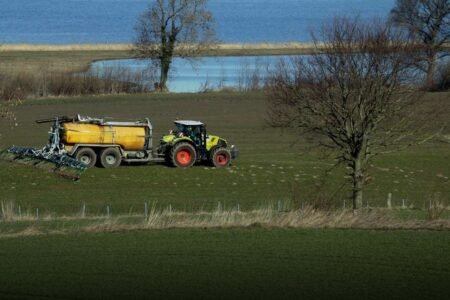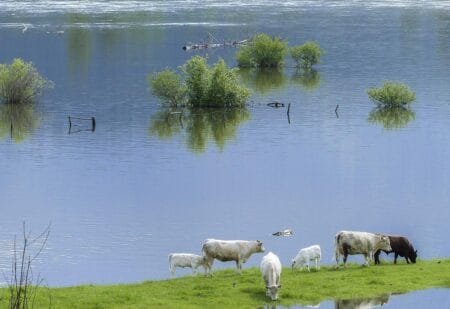As Southern Europe faces increasingly destructive wildfires, a new paper by WWF and BirdLife Europe calls on European governments to shift from reactive firefighting to a proactive and integrated approach to wildfire prevention.

The paper shows that focusing solely on measures to extinguish ongoing wildfires is a failing strategy and outlines a roadmap for transforming fire-prone landscapes into resilient, biodiverse ecosystems.
Europe is experiencing a sharp rise in the frequency, intensity, and spread of wildfires. In the past two years alone, over half a million hectares have burned, including the largest wildfire ever recorded in the EU. As of July 2025, almost 300.000 hectares of forest have burned in Europe, more than double the area lost by this time last year. Human activity is the primary cause, responsible for more than 95% of ignitions.
These megafires cause widespread ecological damage, severe economic losses, and deep social impacts. They release as much carbon each year as the entire global aviation sector does in four months, and they cause an estimated yearly production loss of €13-21 billion, enough to fully restore a forested area nearly the size of Slovenia every single year. Instead, these billions literally go up in smoke, while ecosystems degrade and climate risks intensify.
The paper presents a win-win strategy that combines ecosystem restoration, nature-based forest management, and community involvement to reduce wildfire risk. It highlights the importance of protecting and restoring natural forests, wetlands, and grasslands, which serve as natural firebreaks. In Portugal, for example, fire-prone exotic species such as Aleppo pine are being replaced through natural regeneration of native species such as cork oak and holm oak, which are equipped with thick insulating bark and the ability to resprout after fire.
Riccardo Gambini, Forest and Bioenergy Policy Officer at BirdLife Europe, says: “Europe’s wildfire strategy is failing because governments only throw money at firefighting measures instead of tackling the root causes. Nature restoration must be acknowledged as the only viable solution for long-term wildfire prevention. This means public funding has to be redirected towards proven, preventative action that protects citizens and their livelihoods.”
Edoardo Nevola, Forestry Officer at WWF Italy, says: “Europe stands at a crossroads: we can continue investing in costly emergency responses, or we can take strategic, science-based action to prevent these disasters before they begin. The paper illustrates how to do the latter, and why we must act now.”.
EU funds must shift away from unsustainable practices like burning trees for bioenergy and prioritise nature-based solutions that reduce wildfire risk, protect biodiversity, and boost rural resilience. Wildfires threaten key climate and environmental goals, but urgent and coordinated action can break the cycle. With the right investments, Europe can create safer, healthier landscapes that support both nature and communities.








